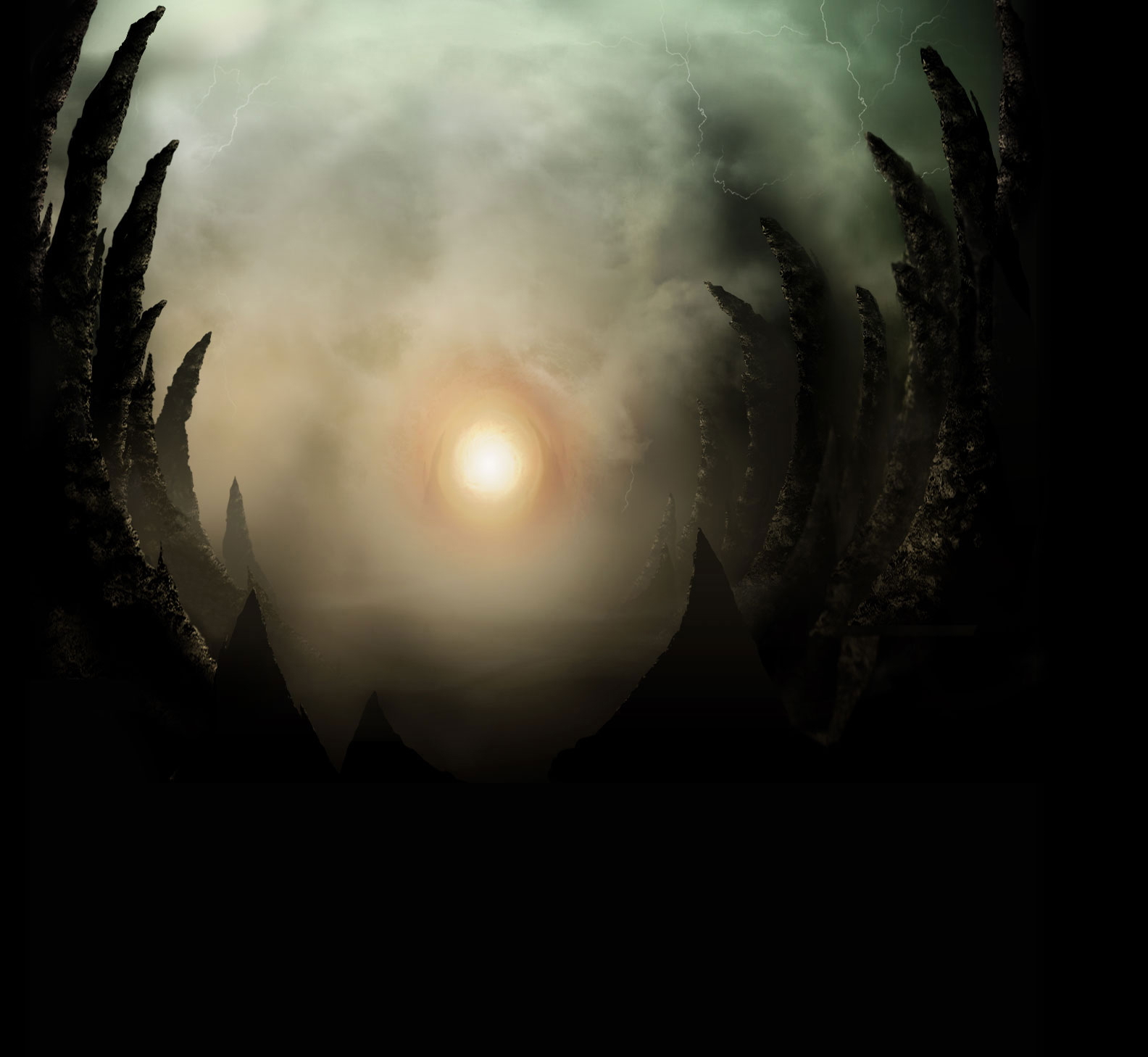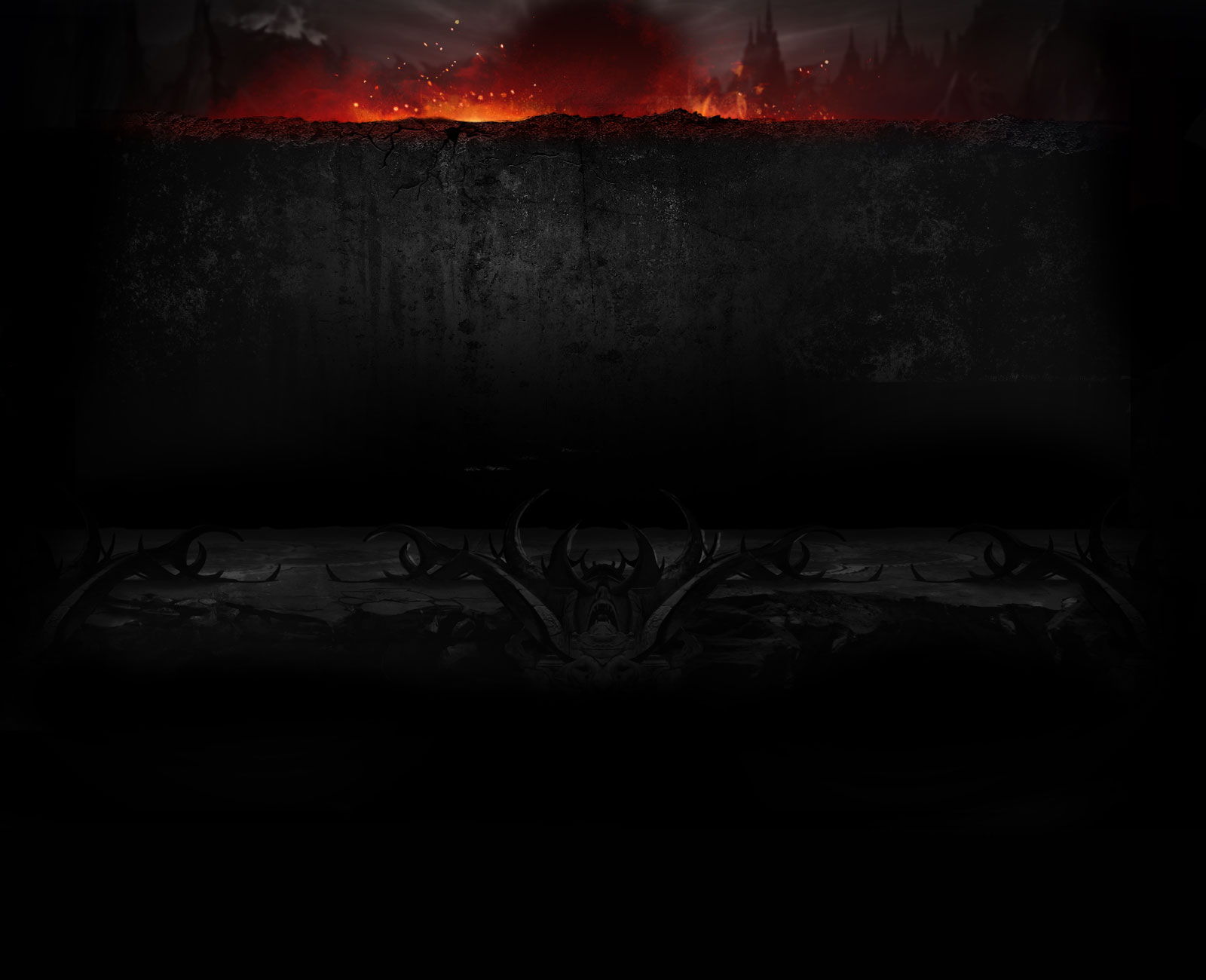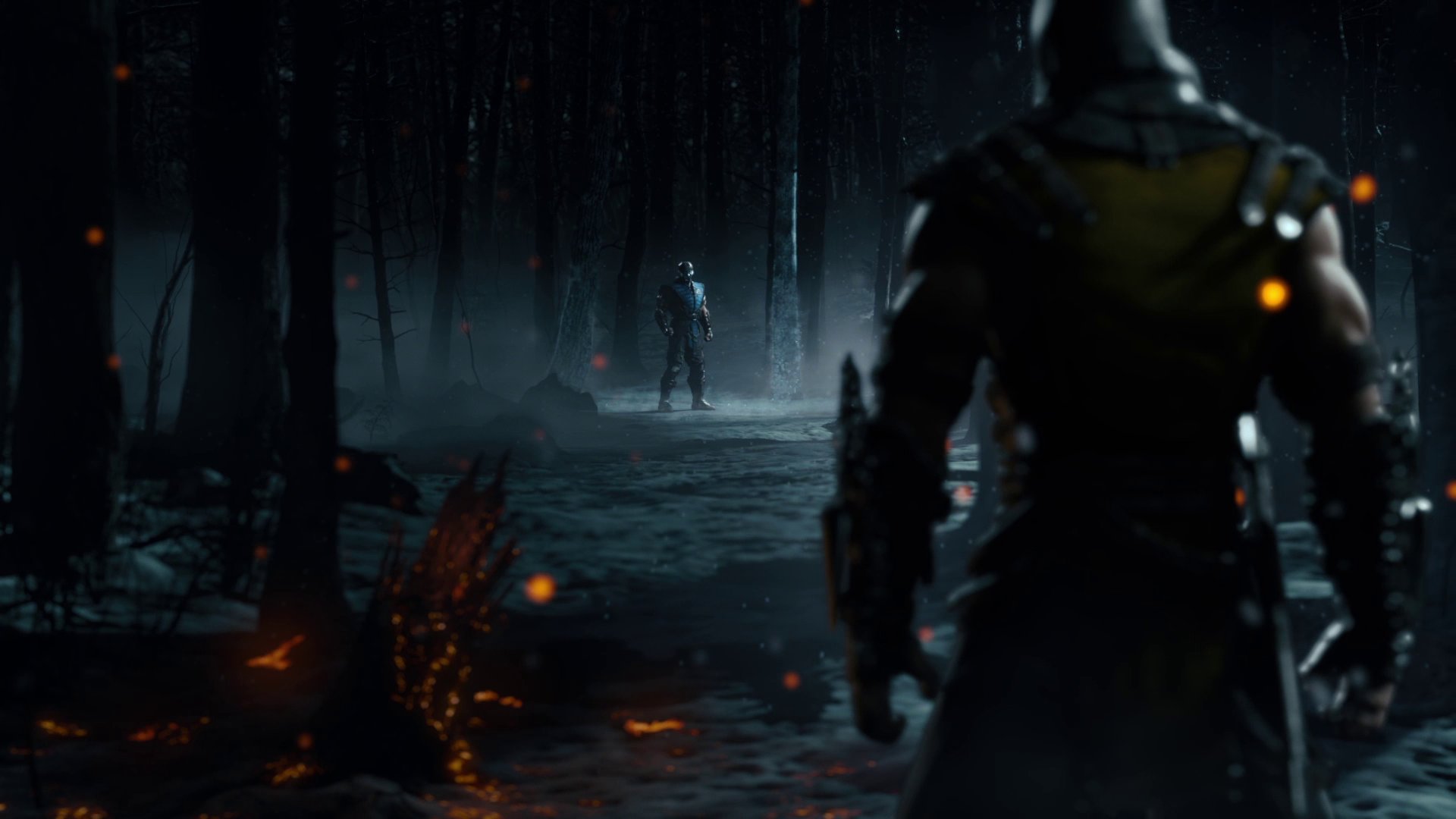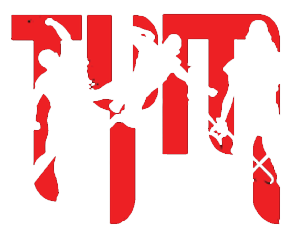The first part of improving is realizing you WILL get better if you try. Especially your reflexes. Games always seem to get slower as you learn them. You can help speed up the process though by really thinking about what you’re doing. My advice to all new players is to, as soon as possible, have a plan. A bad plan can be changed, modified and adjusted. Making such adjustments without a plan is often messy and unreliable. One of my favorite bits of advice is telling people to use less buttons when they play. This isn’t always applicable, but is especially relevant to Street Fighter. Lets take Ryu…
Medium Kick (all versions)
cr.LK (close up poke)
Cr.HP (easy anti air)
Hadoken (range attack)
Shoryuken (anti air)
Throw
We’re cutting a move set of 30+ moves down to 6. More so, you can have a gameplan with only like 3 of these moves. The player can use MK for basically anything. It’s a good jump in, cr.MK is Ryu’s best poke and standing MK is okay. All the player needs then is a Hadoken and some Anti Air. This GREATLY reduces the stack. When standing in front of an opponent, one doesn’t have to think about all of Ryu’s moves — if they’re somewhat close, cr.MK. If they’re far, Hadoken.
One important thing to remember: Problem solving can ALWAYS be eliminated. Problem solving in match generally means you’re losing. That’s stuff that you’ll be doing outside the match. You might also experiment in a match to figure out something against a more experienced opponent. Regardless, you want to avoid it when possible. You’ll also probably never get good enough that you’ve eliminated all problem solving from your stack, but in theory you could (thus becoming the best player ever). As you learn and become familiar with situations, these should naturally vanish, even if that situation is “doing a move”. Eventually there is no overhead for inputting a move. Your muscle memory will have that covered for you. Eventually you won’t have to run all the calculations on which move to anti air someone with, you’ll just skip to the important part — getting him out of the air.
One of the big pieces of speeding up your reaction time is deciding what is worth observing and looking for. If an opponent is right next to you, you do not generally need to look for them to jump (unless they’re a dirty, dirty dive kick character or have a brutal crossup). If they’re totally across the screen, putting priority on the fact they’re jumping isn’t important either. If you’re at midscreen, you generally shouldn’t be setting up your stack to respond to overheads. If you’re knocked down, you can go slowly break down what your opponents options ACTUALLY are with experience, and once the basic high/low/throw/meatie okizeme situation is internalized, you can put all your observation can be put toward tiny details to help you make the right decision. If an opponent doing something in a situation wouldn’t make any sense, or if responding to it wouldn’t give you any benefits, then there is little reason to be looking for it and by looking for less things, we can respond and act faster.
I also want to introduce the concept of "Autopilot". Autopilot is the subconscious script your gameplay follows once you get good but aren’t terribly playing attention. You can learn to play the game quite competently without really “thinking”. The advantage here though isn’t that you don’t have to think — it’s that you can use your autopilot to free up mental resources to make more decisions. Combos are something that are often able to be done on autopilot after a while. The great thing there is you can use your mental energy during the combo to either plan on what you want to do after the combo, or look for things going on in the combo that might be concerning. In games like Guilty Gear, realizing that your opponent is a bit out of position in an air combo and finishing the combo differently to compensate can be a big deal. It’s also something that can only be reasonably done when the combo is running on auto pilot. If you’re looking to anti air your opponent because they seem to be in a “jumpy mood” it is super beneficial to be able to play decently while waiting for the jump. If you just stand there and wait for the jump, they will likely never jump (and might even gain an advantage). Having a functioning Autopilot allows you to decide what things you want to put your focus on. Your auto piloted actions will never be as good as they would be if they had your full attention, but by choosing where you full attention goes, you can pull off things that seem, to inexperienced players, super human.
This is also why having a plan is SUPER IMPORTANT. Even if your plan is to do cr.MKs -> Hadoken, just doing that all reflexively gives you the breathing room to think about what you’re doing in more detail. It gives you the focus necessary to decide what should be in your Stack. By managing whats in your stack and using your focus carefully, you can, with average or even bad natural reaction speed, do things that seem stupidly robo-fast.
It’s not about being about to perceive and react to everything, it’s about being able to simplify the problem and removing the clutter from your brain that slows down your actions. It’s experience that holds you back more so than your inherent abilities.






